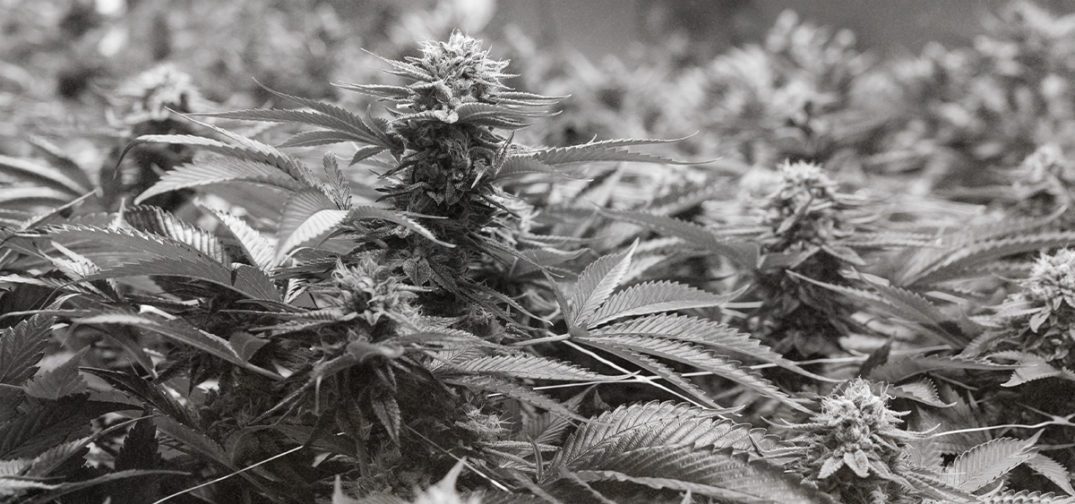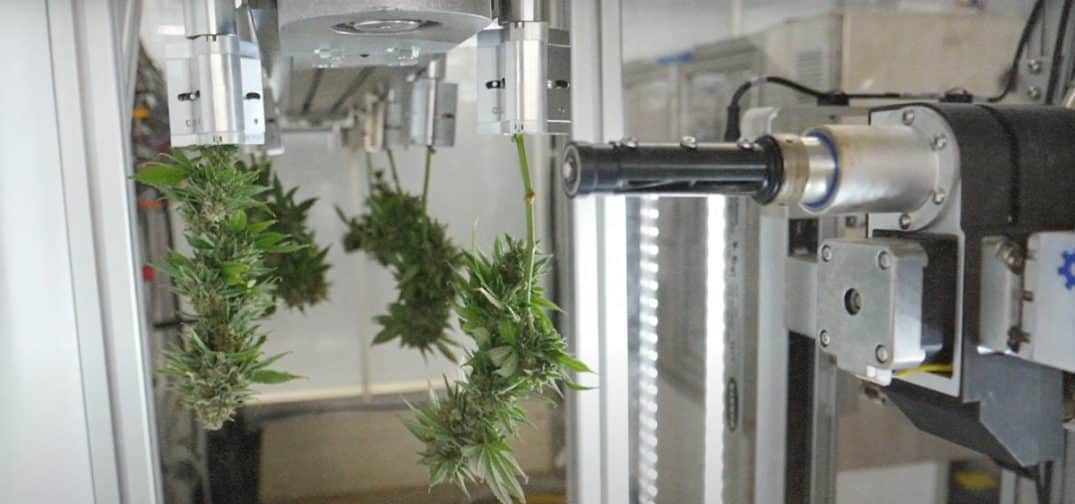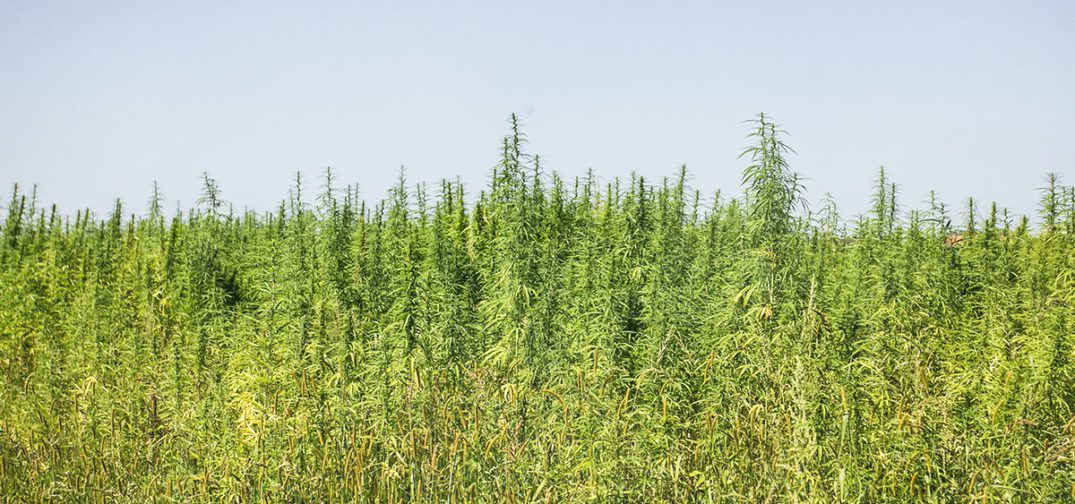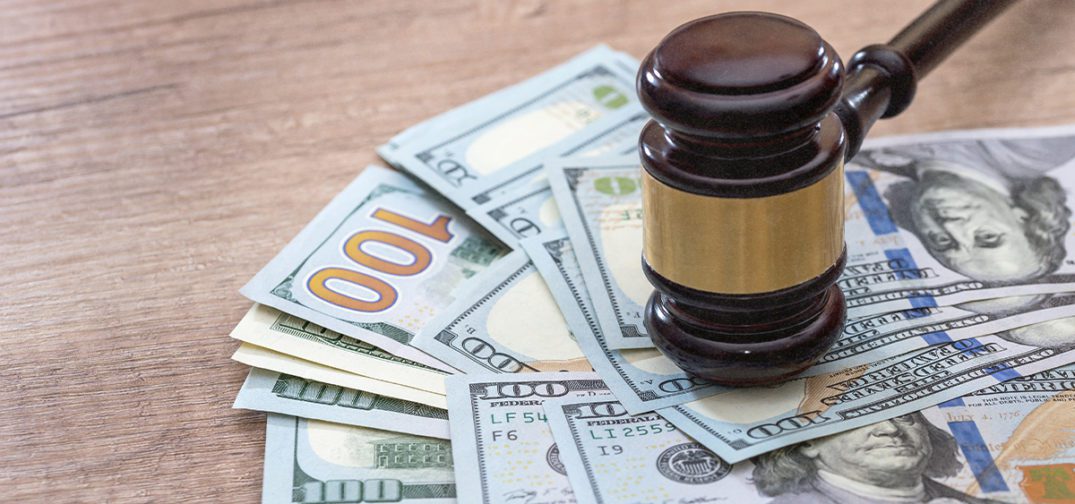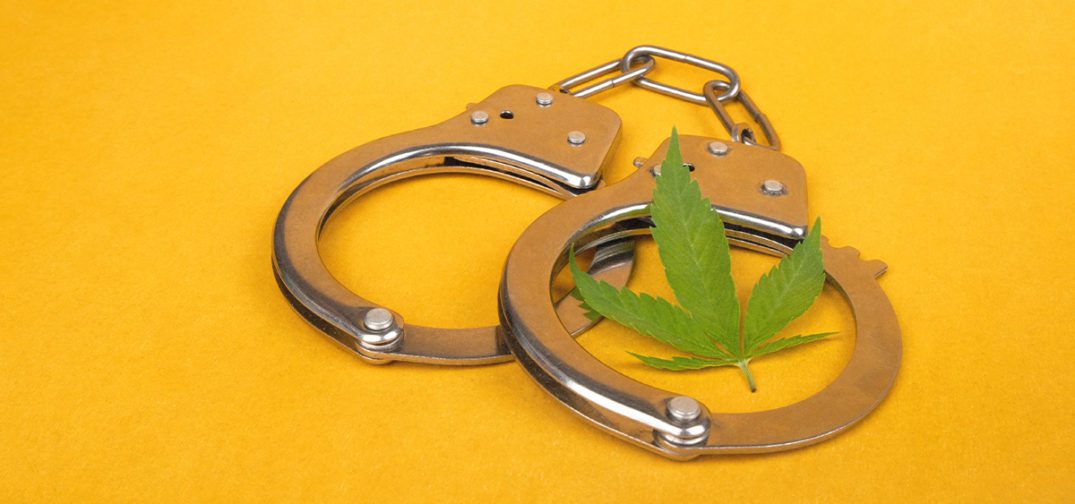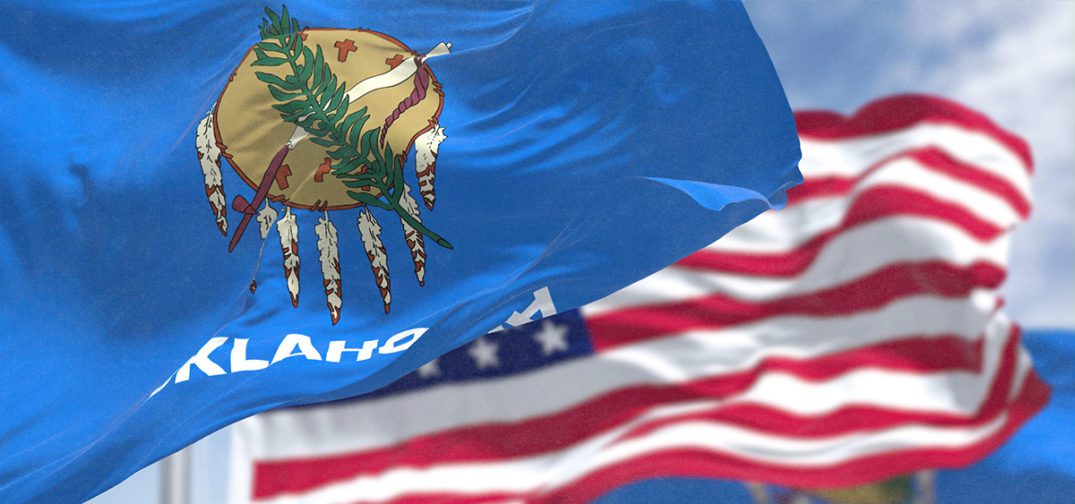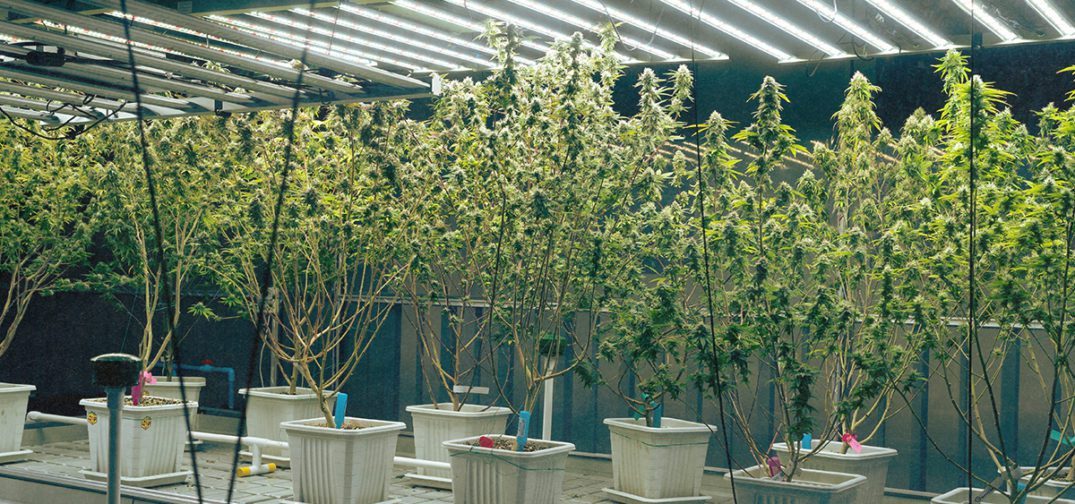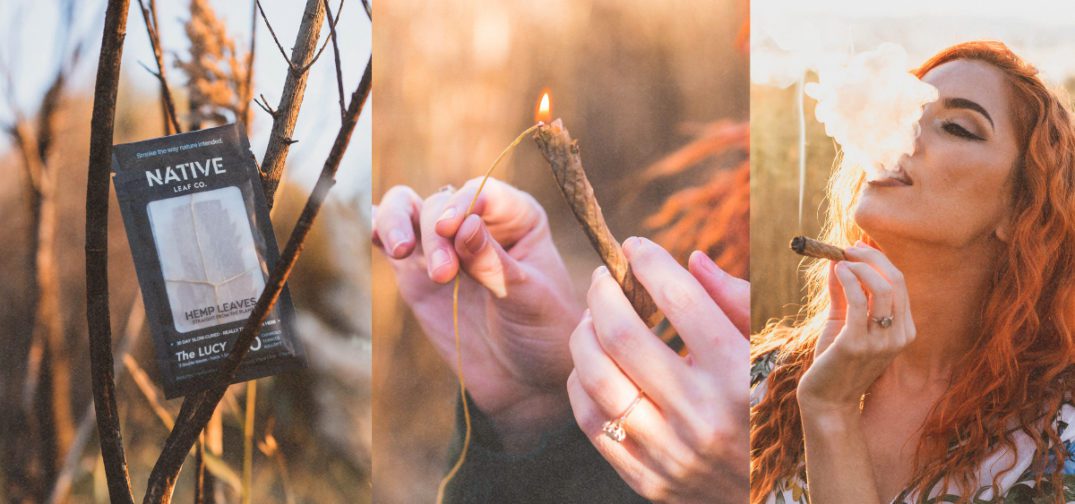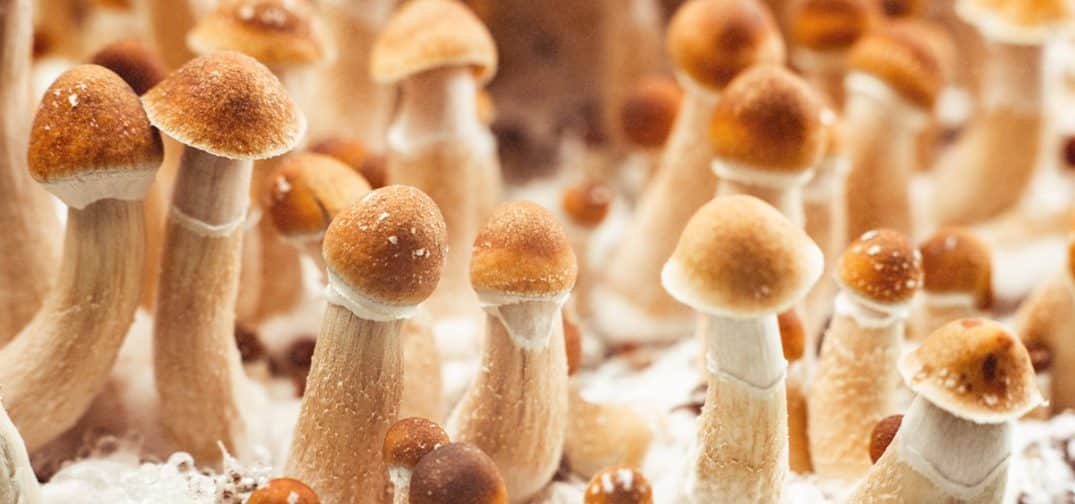Another Oklahoma attorney is facing charges for allegedly helping set up illegal cannabis businesses under the state’s medical cannabis program, KOCO News 5 reports. Matthew Stacy is accused of registering more than 300 limited liability companies to get medical cannabis and manufacturing licenses.
In June, attorneys Eric Brown and Logan Jones were each charged with multiple counts of conspiracy, falsifying records, and cultivation of a dangerous substance after Oklahoma Bureau of Narcotics (OBN) investigators said they interviewed four employees of the Jones-Brown law firm who admitted their names were used to apply for medical cannabis grow licenses with the state.
Following the multi-county grand jury indictment of Stacy, OBN Public Information Officer Mark Woodward said investigators were “just scratching the surface” of the inquiry.
“These lawyers, these consultants, will recruit people to come to Oklahoma, and they will tell these people I will get you a 75% owner. … Meanwhile, the criminal organization is bringing their 25% work crew in. They’re the ones moving the plants, moving the money and the workers and the 75% owner in many cases knows nothing about the farm ” — Woodward to KOCO
OBN said Oklahoma residents were recruited to become so-called ghost owners of the businesses, signing ownership paperwork but having no involvement in day-to-day operations. Instead, out-of-state clients operate the farms.
According to the affidavit, “on many occasions” Stacy told officials that the businesses weren’t operating but investigators found “thousands of marijuana plants actively growing with sometimes dozens to hundreds of pounds of fully processed and/or packaged marijuana located on the premises.”
Woodward said the illegal operations wouldn’t have been able to get a license “had it not been for a law firm that had stepped up and submitted fraudulent paperwork.”
Woodward told KFOR that the ghost owners could also be charged with felonies for their role in the scheme.
Stacy, a Lt. Colonel in the Oklahoma National Guard was also appointed to Republican Gov. Kevin Stitt’s COVID-19 response team and donated the maximum of $2,900, to Stitt’s re-election campaign.
End
